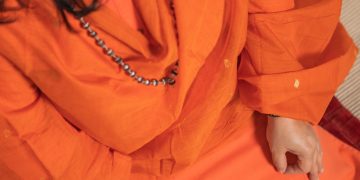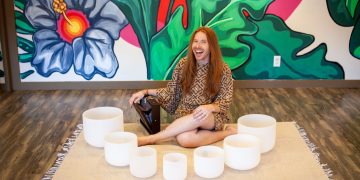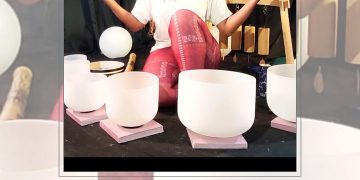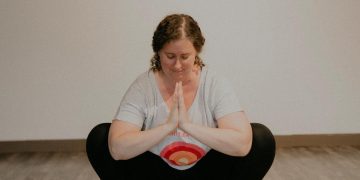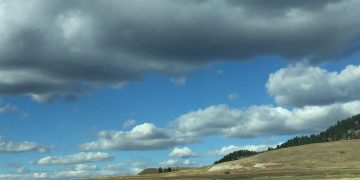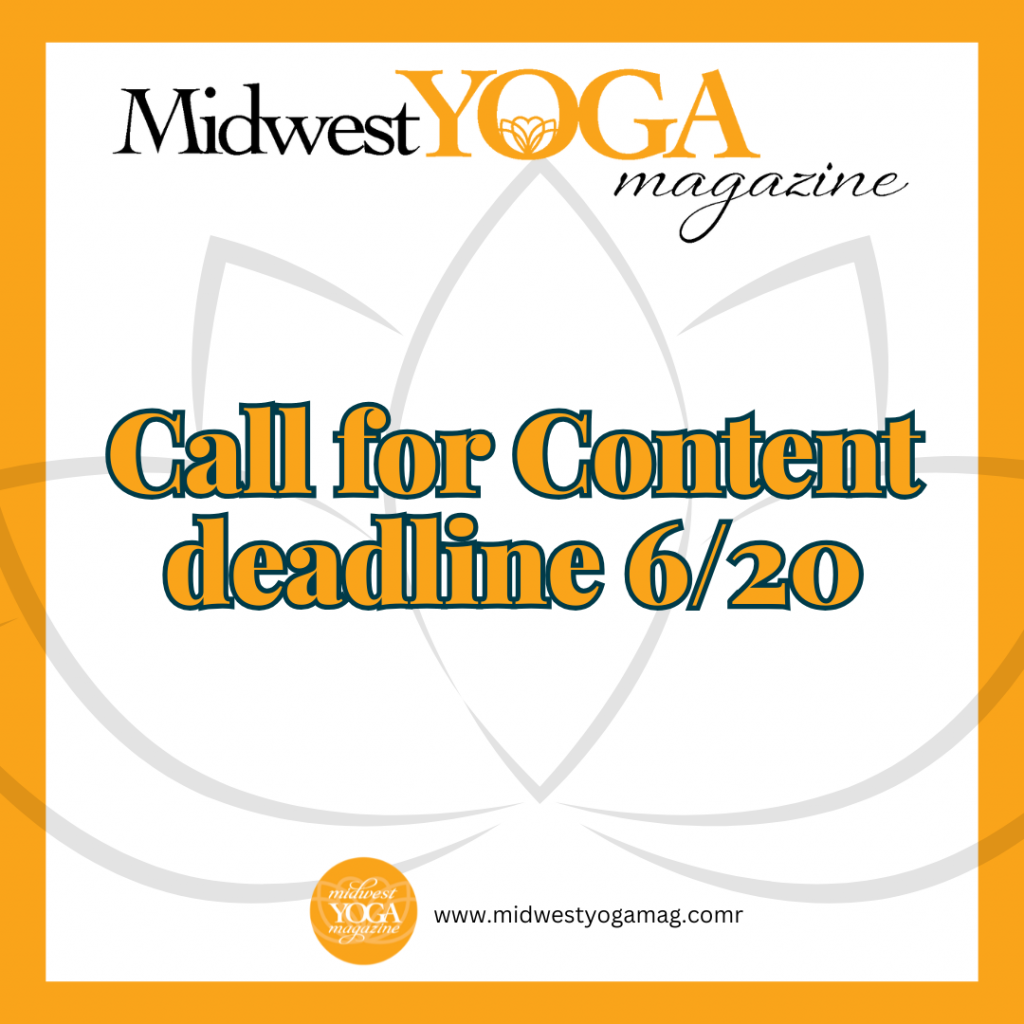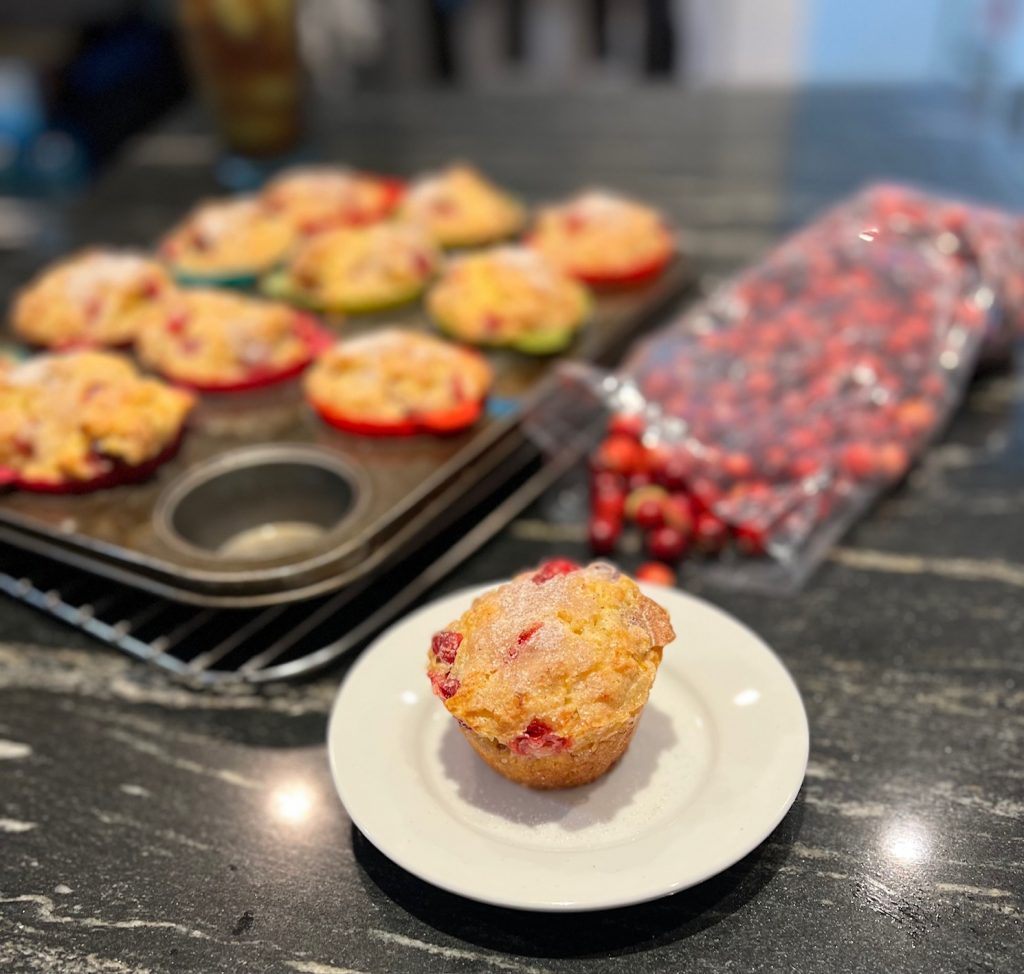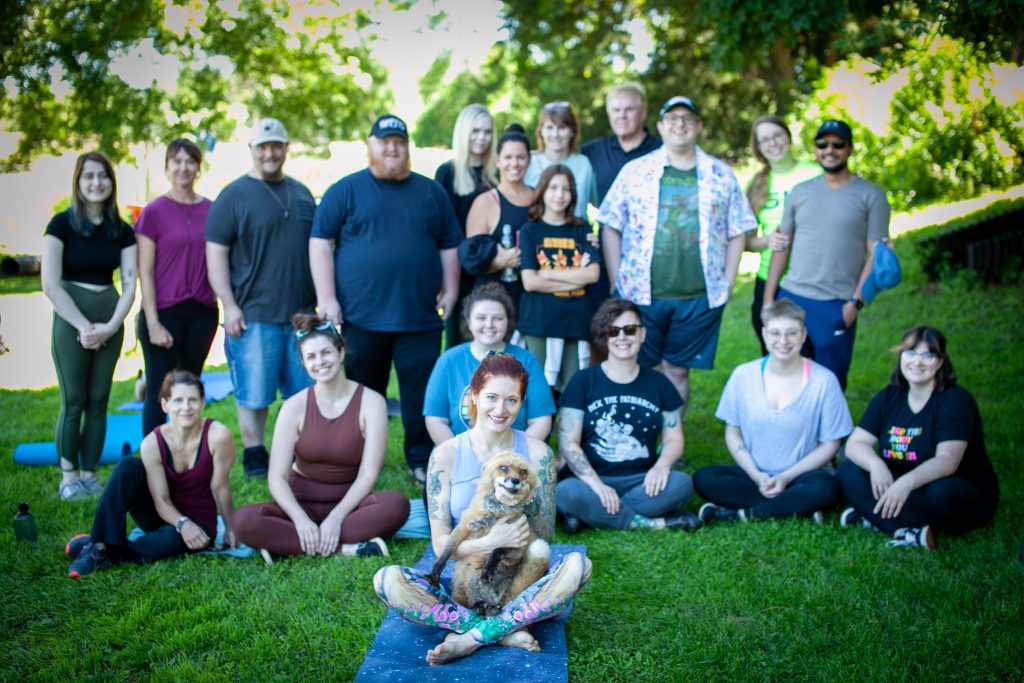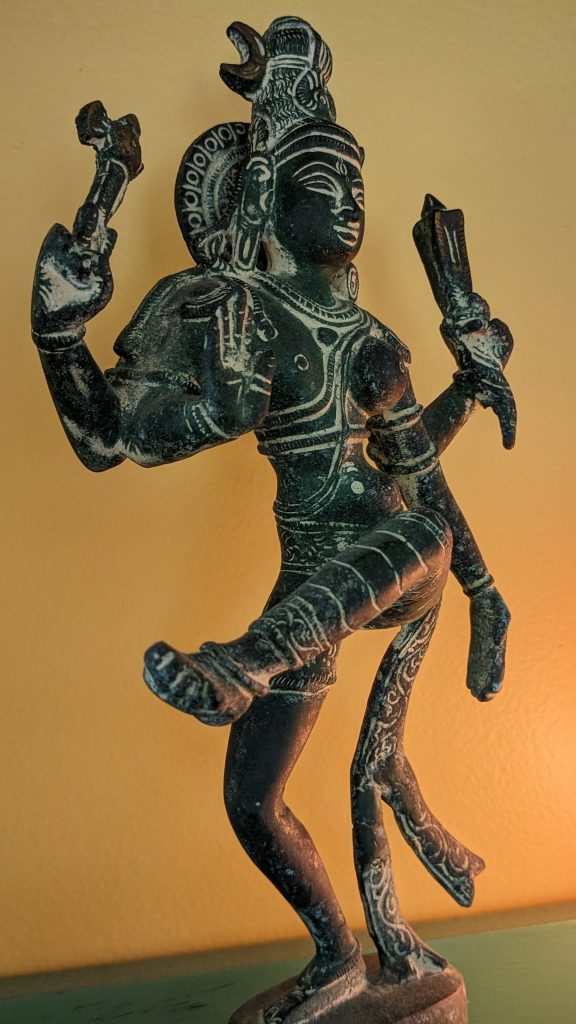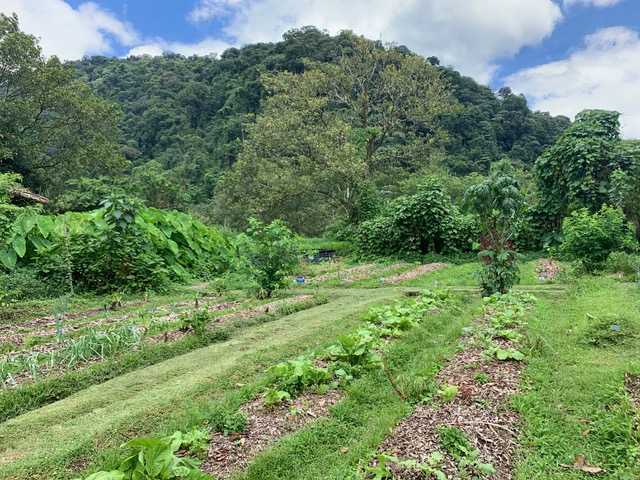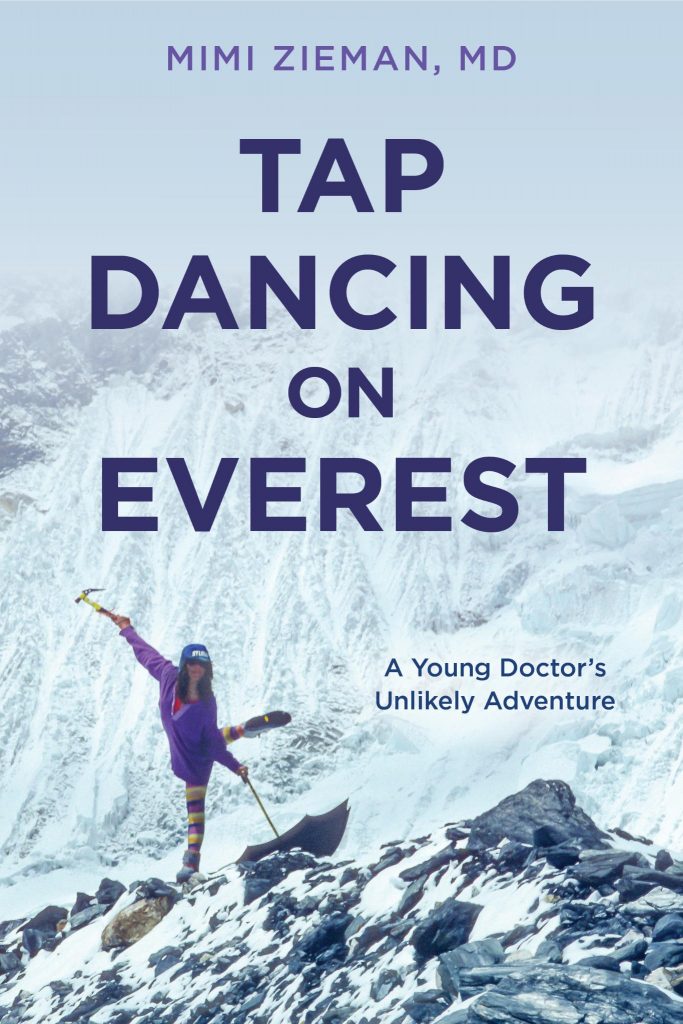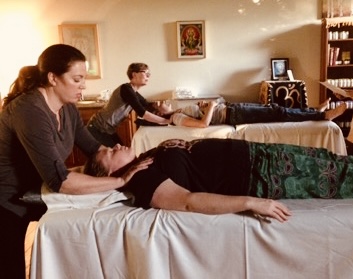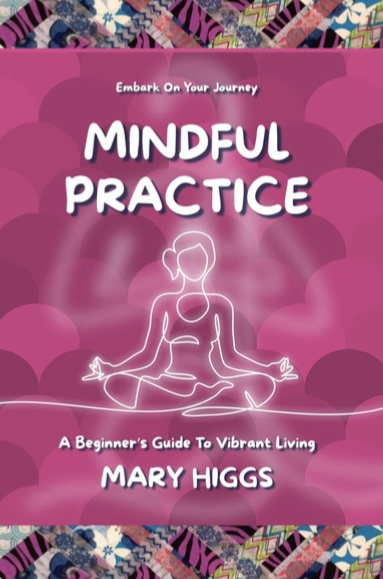On a Friday afternoon, just before 5 p.m., I received a phone call from my primary care doctor. She said, “You have breast cancer – invasive lobular breast cancer.” She told me to expect a call from the Andreas Cancer Center. Almost immediately, the phone rang again, and the friendly voice on the other line needed to arrange appointments with an oncologist and a surgeon. I stood in my kitchen and felt all sensation drain from my body.
I’ve spent my career teaching dance and somatic sciences to college and university students. With a deep, well-developed sense of interoception, I trusted my body to guide me. Hearing this diagnosis pulled the plug on my circuitry.
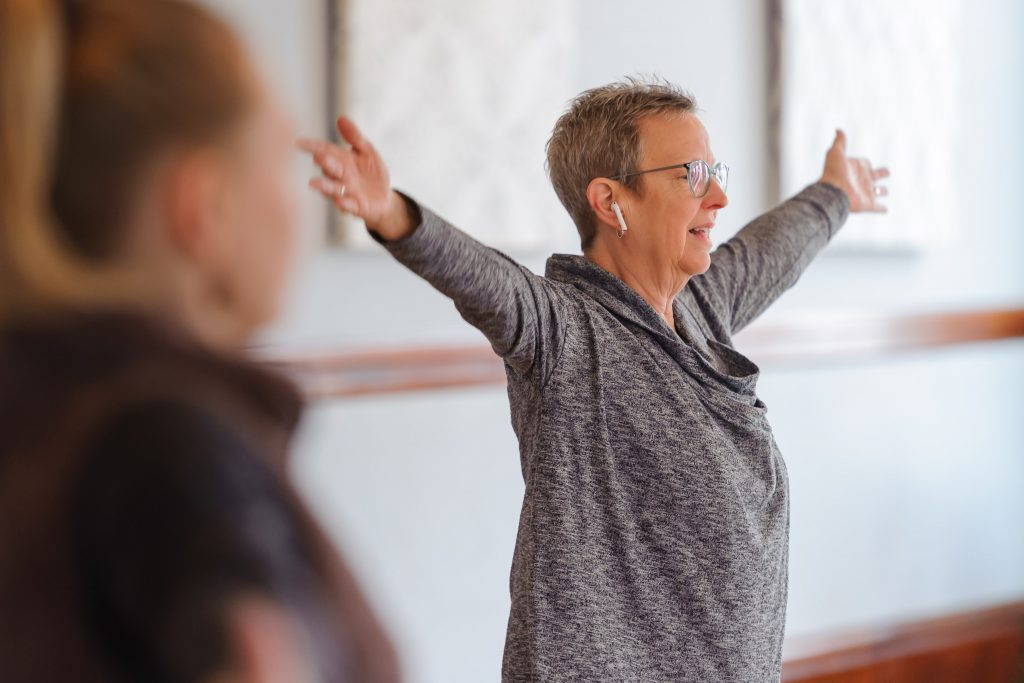
The following morning, I got up, put on my yoga clothes and walked to the St. Peter Yoga studio. My friend, Kelly, was teaching that day. She knew about my diagnosis. Kelly said, “I am surprised you are here.”
I replied, “I had to be here.” I did not know how to think of myself as a cancer patient. I only knew I needed to feel what was going on in my body to make good decisions. My yoga practice became my pathway back to felt sensation.
The following year brought two surgeries, an aggressive course of chemotherapy, biological therapy, and hormone therapy. Whenever possible I crawled over to my mat and did what I could. “You have excellent range of motion and very few adhesions. Whatever you are doing, keep doing it,” observed my medical team. I thought, I am doing what you should be teaching people to do!
One morning, lying on my mat feeling weary, I tried to move the stiffness out of my arms, shoulders, and chest. I thought, “All I want is comfort and ease in my body.” I realized how my previous training in dance, somatic sciences, and yoga, combined with my personal experience undergoing cancer treatment, positioned me to help others facing the aftermath of mastectomies. I called the St. Peter Yoga studio’s owner, Tressa Bushaw, and asked if I could teach a yoga-based class called Embracing Ease.
I began filled with righteous enthusiasm and insecurity. In the early days, it was often just my friend Teresa in the class. Slowly, news of the class spread. Soon others contacted me, saying they had a different type of cancer; could they still join the class? Over time, others called, saying, “I have never had cancer but I heard it is a good class. Can I take it anyway?”
Embracing Ease evolved to welcome all who wanted to explore a gentle, strength-building class. It was not uncommon for those participating to go out for coffee afterwards. We joked that our tagline should be, “Come for the yoga, stay for the coffee.”
Yoga teacher Kelly shared she once met a friend at the same coffee shop where our class gathered. We must have been having a good time, because Kelly’s friend leaned over and whispered to her, “I don’t know who those women are, but I want to be friends with them!”
We had forged a community – then the pandemic arrived. St. Peter is a small town, and I knew these women well. Some had lost breasts and some had lost husbands. I refused to surrender this community to the losses. I took a deep breath and embraced my love of learning to try to figure out how to teach virtually. The early attempts were far from elegant. I set up a private Facebook group and experimented with Facebook Live. From June until October, when the weather permitted, we met in the town park as lawn mowers rumbled and children played. Once temperatures began to dip into the low 30s, the time came to figure out Zoom. Many class members felt quite isolated during the first winter of the pandemic, and our twice-weekly Zoom class became a lifeline. We celebrated when individuals got vaccinated and dropped soup off on doorsteps when participants contracted COVID-19. What began as a way to retrace my steps and to find my way back to my own body evolved into a way to weave new connections as a community.
Once we began meeting virtually, our community grew. Folks from Wisconsin, New York, Florida, and Connecticut regularly join us. Embracing Ease continues to evolve as I try to find the balance of teaching in-person, online, and in a hybrid model. What has not changed is our search for connection – connection to our own bodies as well as connection to each other. What began as a class to help individuals navigate cancer evolved into a community navigating the COVID-19 pandemic. As a class, as well as a community, we are thriving.
Michele Rusinko is a Research Professor at Gustavus Adolphus College, a certified Yoga for Cancer teacher, and Positive Psychology Coach. Building upon four decades of teaching dance and somatic sciences in higher education, her current research and writing explores the intersections of embodiment and research-based evidence in Positive Psychology. Her specific focus is on resilience.


